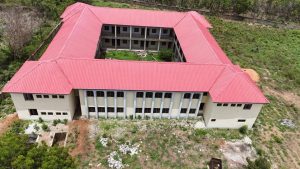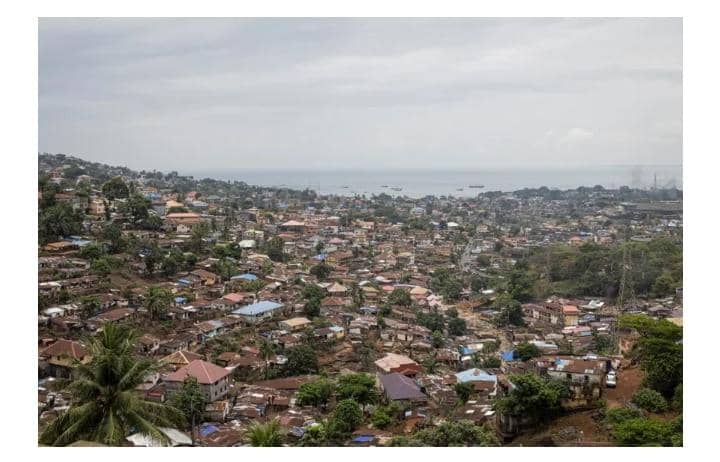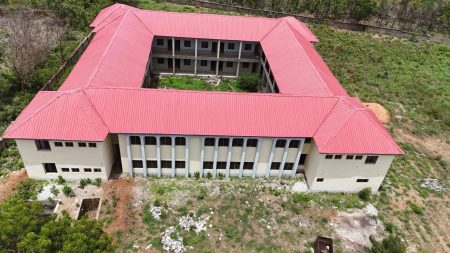Mpox is spreading swiftly across Sierra Leone, with confirmed cases now recorded in all 16 regions, including the capital city, Freetown.
Health authorities report being overwhelmed as they scramble to isolate and treat patients amid a surge in infections that has already exceeded last year’s total cases across the continent.
In January, the government began treating mpox patients at home in a bid to preserve hospital capacity for malaria cases and pregnancy-related complications. However, the approach proved ineffective. The virus, which transmits through close physical contact, quickly spread through densely populated communities, causing a spike in infections.
Several isolation centres have since been established, but these facilities are overcrowded and severely under-resourced. Vaccine stock and hospital beds remain critically low, far from adequate to meet the growing demand for care.
Efforts to trace and monitor those exposed to the virus were halted in April when the health ministry ran out of funds. Despite urgent pleas for vaccines and international assistance, global support has been minimal.
Dr. Ngashi Ngongo of the Africa Centres for Disease Control and Prevention (Africa CDC) noted that Sierra Leone’s already fragile health system has been further weakened by financial constraints and dwindling development aid.
Last week, Africa CDC and the World Health Organization decided to maintain the continent’s mpox emergency status. “The global risk, and the risk to other countries, remains too high,” Ngongo warned.
Neighbouring Liberia is also reporting a steady increase in mpox cases. Across the continent, more than 20,000 infections have been recorded in 26 countries.
Experts estimate that 6.4 million vaccine doses are required to contain the outbreak, yet only 500,000 doses are currently available.
The Democratic Republic of Congo remains the hardest hit, with over 21,000 deaths and more than 100,000 people believed to have been exposed to the virus. However, there are signs of improvement. “The good news is that the situation in DRC is stabilizing,” Ngongo said, attributing the decline in cases to reduced conflict near the Rwandan border.
Despite these developments, experts caution that the actual scale of the outbreak is likely much larger than reported. In Congo, only one in four suspected cases undergo testing. In Sierra Leone, nearly all individuals tested return positive results, but testing remains severely limited.
With vaccine supplies stretched thin, Sierra Leone’s government is prioritizing frontline health workers and individuals with pre-existing health conditions.













